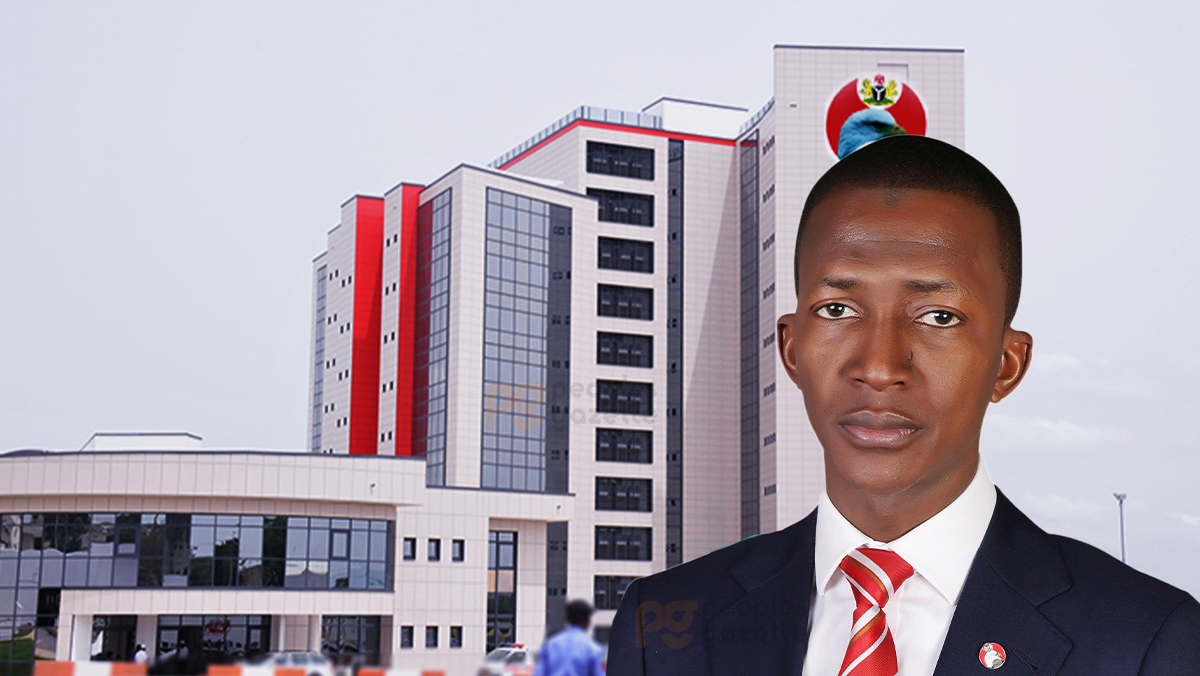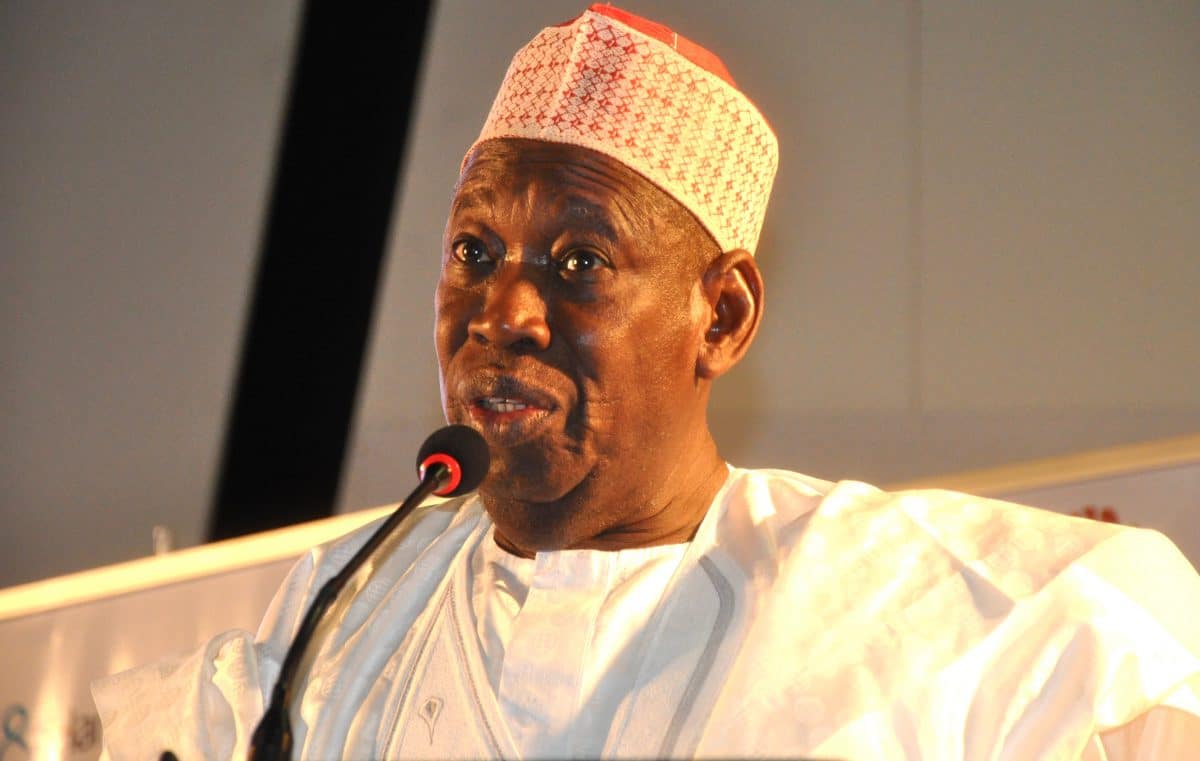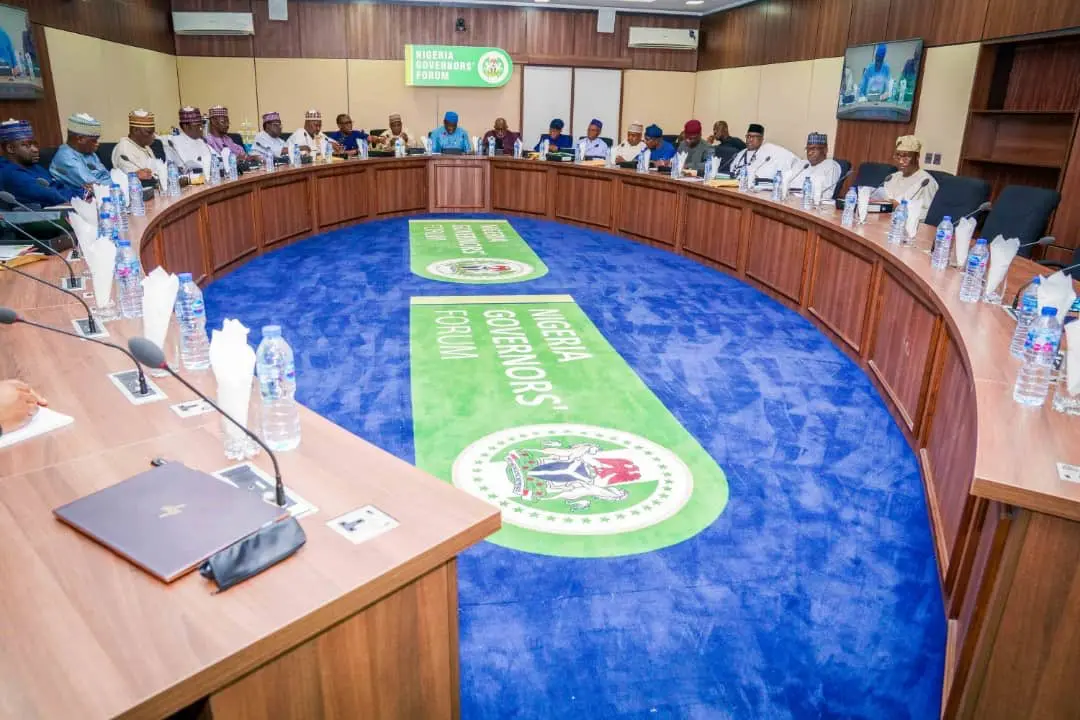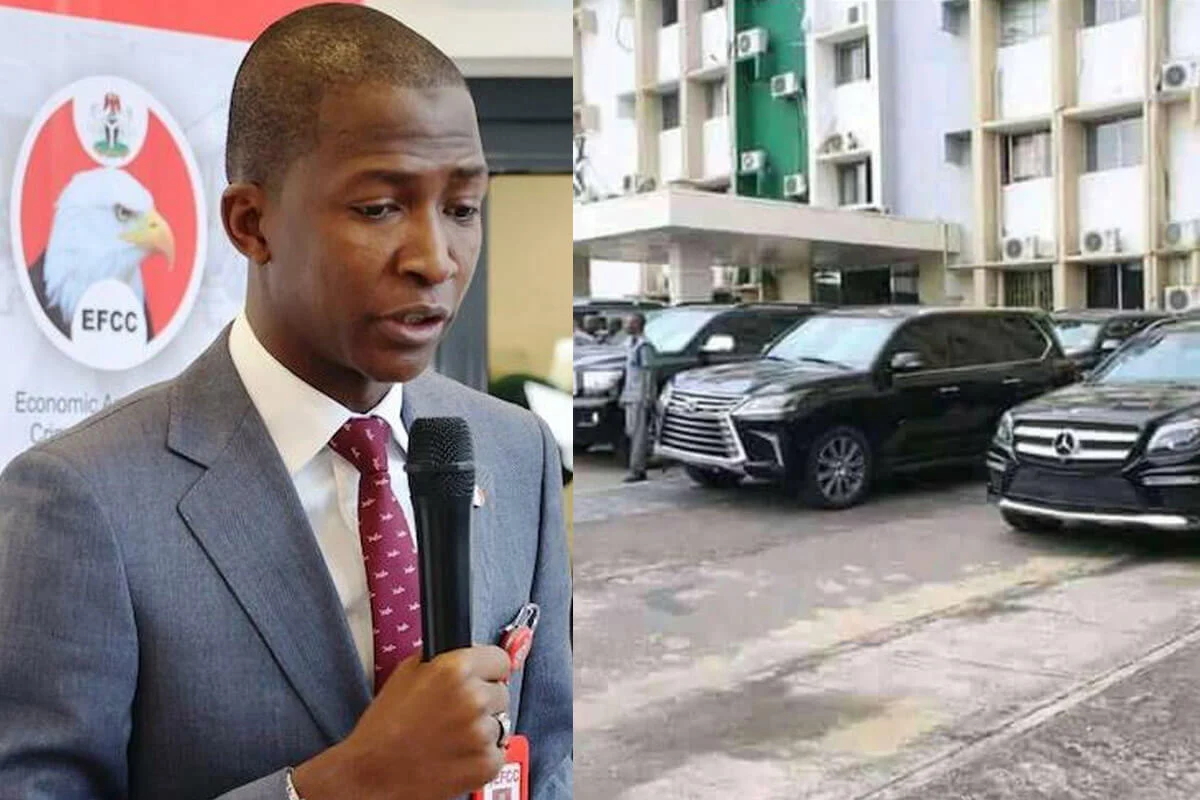News
Senior Lawyer Wahab Shittu Voice Concern Over The State Off EFCC Leadership
Wahab Shittu, a Senior Advocate of Nigeria (SAN), has raised worry over the pattern of leadership changes that the Economic and Financial Crimes Commission (EFCC) has experienced since its creation.
This follows President Bola Tinubu’s suspension of EFCC Chairman Abdulrasheed Bawa on Wednesday. Four previous similarly deposed EFCC chairpersons—Nuhu Ribadu, Farida Waziri, Ibrahim Lamorde, and Ibrahim Magu—had served in full or acting capacities before Bawa.
“In terms of concern, it gives us a lot of concern [for] an office, an institution of that magnitude because the EFCC is not a local institution,” Shittu, who appeared on the Friday edition of Channels Television’s Sunrise Daily, stated.
“It’s an international institution because the war against corruption is of international dimension. The international community is interested in the subject of corruption in the way it is interested in the subject of terrorism.”
According to him, corruption and terrorism are issues of international concern, beyond local or domestic bodies.
Shittu argued that, in terms of perception by the international community, “when you have frequent changes in the leadership of an institution as important as EFCC, it sends negative signals that you don’t have stability here”.
He added that the implication is that the institution is not sufficiently strong enough to be able to withstand shocks, saying it should give Nigerians general concern.
Asked what may be responsible for the frequent changes in leadership, the senior advocate simply said, “The element of vested interests.”
The war against corruption, in his view, is not a “tea party”. Describing it as serious business, he argued that, if one were to identify a single militating factor in the way of the country’s developmental process and development strides, it is the factor of corruption and impunity.
New President, New Appointment
Upon the creation of the EFCC by former President Olusegun Obasanjo in 2003, Nuhu Ribadu was appointed. However, on December 27, 2007, then-Inspector General of Police Mike Okiro said Ribadu had been asked to resign and attend a one-year course of study at a Nigerian policy institute.
Mrs. Farida Waziri, who assumed office in 2008, was similarly removed by former president Goodluck Jonathan on November 23, 2011, appointing Ibrahim Lamorde as her replacement.
The reason for her removal was shrouded in speculation. She later claimed that Jonathan fired her for probing oil racketeers, but the former president stated that Waziri’s removal was in the interest of the nation and he was obliged to keep the details a “state secret.”
Lamorde was confirmed by the Senate as the substantive EFCC chairman on February 15, 2012, serving until his removal by former President Muhammadu Buhari on November 9, 2015. The Presidency said he was proceeding on terminal leave ahead of the expiration of his tenure in February 2016.
In Lamorde’s place, Assistant Commissioner of Police (ACP) Ibrahim Magu was appointed in an acting capacity.
Magu served until July 10, 2020 when Buhari suspended him to allow for an unhindered inquiry by the Presidential Investigation Panel under the Tribunals of Inquiry Act and other relevant laws.
EFCC Director of Operations, Mohammed Umar, took the reins in an acting capacity until Bawa’s appointment on February 16, 2021. However, President Bola Tinubu approved Bawa’s suspension on Wednesday to allow for proper investigation into his conduct while in office.




